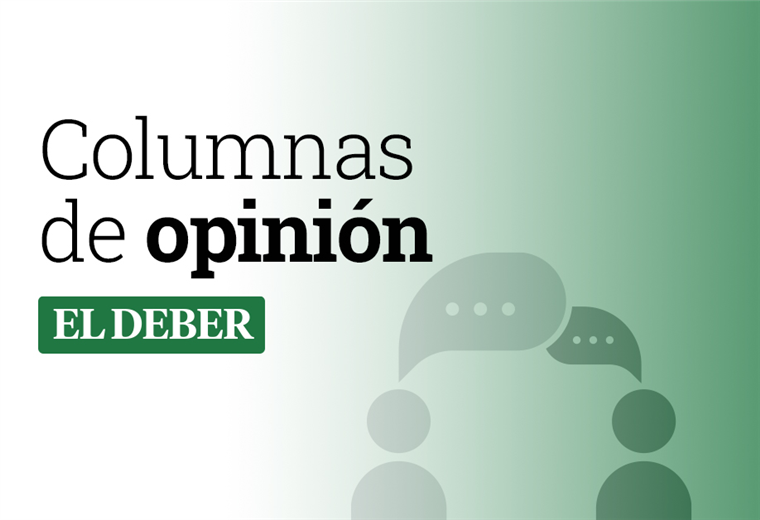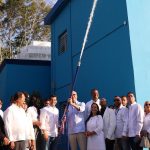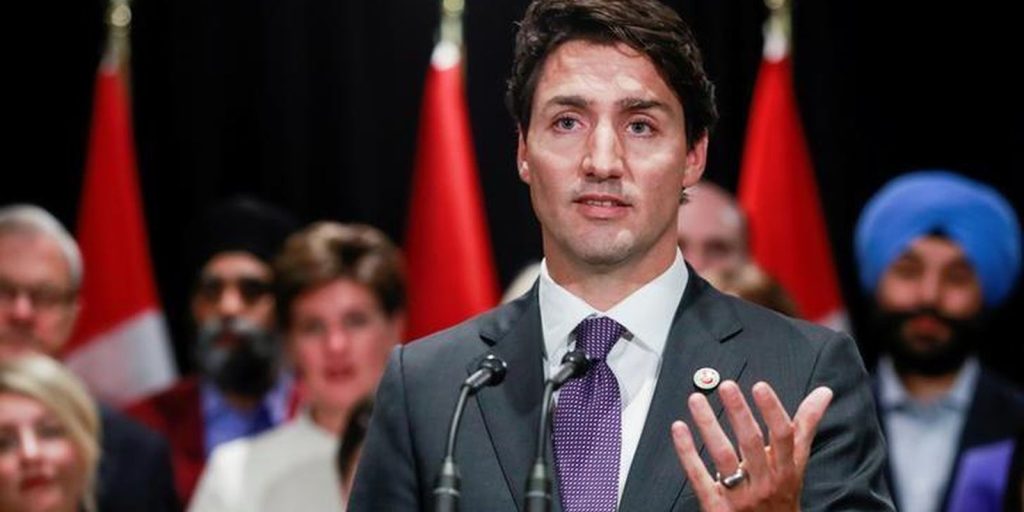Rafael Villarroel
An old lesson in Roman law recalls a legal institute that represents the most distant antecedent of what we know today as a referendum and consisted of an appeal to the people gathered in the centurial elections. Another antecedent was that it was activated for pecuniary restrictions that exceeded the amount of the praetor; this is an interesting metaphor to reflect on the call for a popular consultation made by Luis Arce in his last message to resolve three issues that affect the majority of Bolivians; subsidies for hydrocarbons, allocation of seats in light of the results of the last census and the reelection of the president and his candidates.
Today, there are those who take the call for a referendum as a sign of the government’s weakness and that it constitutes an inability to give a clear outline to government policy; however, it should not be lost sight of that the referendum with binding effect was introduced as a democratic mechanism in response to the popular clamor that demanded to be taken into account in decisions about its natural resources, and was later recognized in our Constitution as a consequence of those days. Therefore, it is not possible to discard this mechanism by leaving the people aside in the issues that affect their daily lives.
Similarly, it is necessary to remember a very important precedent in the call for that first referendum on hydrocarbons, which was the questioning of the political class to make decisions based on what politicians believe to be “most convenient for the country”, when they had given clear signs of conflicts of interest of different kinds. At present, this questioning occurs again when we have witnessed internal struggles in the parties that produce their division, and also seek to seize the legitimacy to make decisions when their partiality is in question with political tendencies or characters who have imbued their participation in the national political scene with interest.
Thinking about a referendum today represents an alternative to possible conflicts that could lead to the country being shaken; in the case of hydrocarbon subsidies – a not insignificant issue – It affects all Bolivian families to a significant extent; however, there are those who are functional to the situation who propose its elimination without consultation, trying to put aside the implications of that; therefore, transferring the population instead of the political class is a democratic exercise. Also the allocation of seats is a topic that brings conflicts that – also not unknown in the recent history of the country – as was the allocation in the 90s. Finally, reelection has clear evidence of provoking mixed feelings in the whole of the Bolivian population; it cannot be left in the hands of the political class alone, even less so when there is a legislative crisis, where the partisan factions that make up the congress, have not stopped demonstrating the prioritization of their interest and their functionality above the common good.
In short, the call for a referendum proposed by Arce is presented as a democratic exercise that constitutes an alternative to overcome conflicts that could provoke the destabilization of a fragile equilibrium; but, in addition, this exercise proposes, as in the recent past with the hydrocarbon issue, leaving the outline of the main lines for those who assume power and find there the limit to their interests.


















